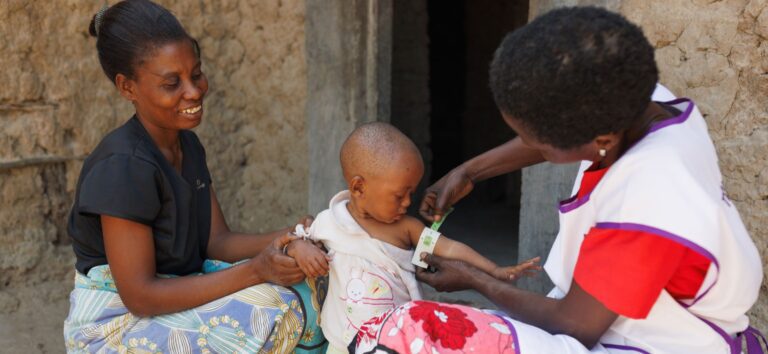Tackling Bangladesh’s food-system challenges
Considering the multi-dimensional impacts of the COVID-19 pandemic on the health system, Bangladesh, like many other countries, has been facing severe challenges in its food system. This ultimately affect the overall nutritional status of women and children, particularly adolescents. In addition to that vulnerability, the rate of child marriage in Bangladesh has taken a steep rise in the aftermath of the prolonged closure of educational institutions. Apart from the initial goal of this research, the study team is also looking at the homestead food production approach to make the household resilient to COVID-19.
As evident elsewhere, the pandemic has been creating a prolonged burden for women and girls in various ways due to sociocultural traditional norms and responsibilities. Specifically, due to the closure of schools and pandemic-induced food insecurity and economic vulnerabilities, child marriage appears as a rational choice for poor households. In response to that, along with gender-transformative sessions, the homestead food-production activities are helping to reduce these challenges in the intervention areas. Diverse strategies are being used to reduce the prevalence of child marriage: adolescent girls’ empowerment, community mobilization to change social norms, secondary education, improvement of life skills, sexual and reproductive health management, adolescent-friendly health services, and nutritional education.
Child marriage and undernutrition of women and girls are thought to be both a symptom and a result of deep-rooted gender inequalities and restrictive gender norms. Traditional beliefs and social norms around adolescence, fear of social stigma, perception on virginity and purity, and religious norms are major sociocultural determinants of early marriage. Combined, these factors contribute to the perception of girls as commodities to be protected by controlling girls’ agency, mobility, opportunities, and sexuality. As a result, the gender-transformative approach is critical throughout the intervention to tackle harmful gender roles, norms, and power relations.
The findings of this research will help the Government of Bangladesh to rethink the policy and strategies related to preventing child marriage. Since poverty, economic factors and lack of opportunity have been considered as major drivers of child marriage, the inclusion of livelihood activities among resource-poor households may help in lowering the prevalence of child marriage.
As we have integrated the gender-transformative approach throughout the intervention components to tackle the traditional gender norms and practices, the research will provide critical policy suggestions to shift gender norms in future interventions.
Most of the development partners and research institutes active in the country, concentrate their efforts towards maternal and child health, but adolescence is not a focus in their research priority and program development. We believe this is an important area of research that will contribute to the efforts of policymakers, donors, implementing agencies and development partners to design and develop programs for adolescent girls, who will be the future mothers and contribute to the future of next generations in the country. So, we are grateful to the International Development Research Centre (IDRC) for its support to this important research on “Improving nutrition, health and livelihoods through enhanced homestead food production: A strategy to reduce child marriage in Bangladesh,” and we hope we can complete the intervention period of research project to get the impact of the program.



